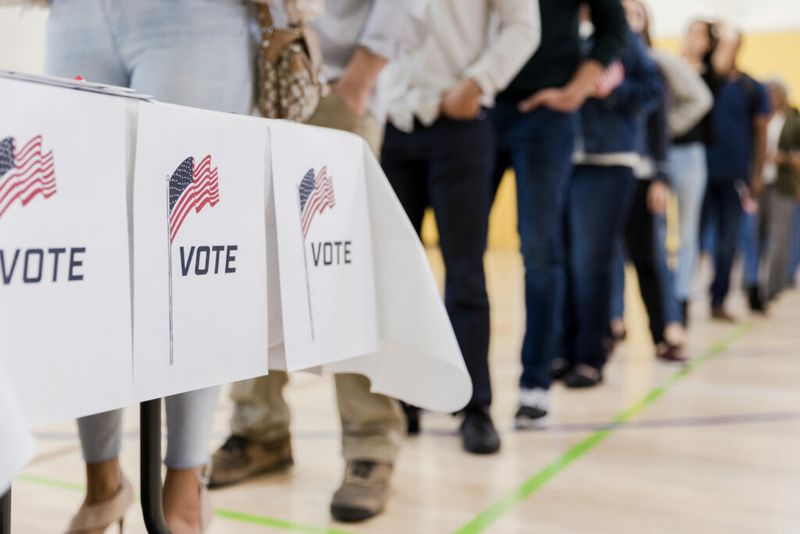Lawyer who co-led Virginia’s ‘election integrity unit’ resigns from AG’s office

Joshua Lief, a lawyer who helped oversee the election integrity unit created by Republican Attorney General Jason Miyares, resigned from the office earlier this month, according to a Miyares spokeswoman.
Lief resigned May 9 to “pursue other opportunities,” Miyares spokeswoman Victoria LaCivita said Tuesday.
“The Election Integrity Unit remains a part of the Government Operations and Transactions Division within the Office of the Attorney General,” LaCivita said.
When the election integrity unit was announced last summer, Lief and Deputy Attorney General Leslie Haley were identified as the senior officials overseeing its operations.
Lief has also been a regular legal advisor for the Virginia State Board of Elections and was often present in the board’s closed meetings to discuss election-related litigation threats. He was also involved in the prosecution of former Prince William County registrar Michele White. She has been accused of distorting the county’s 2020 election results and Republicans have pointed to the charges against her to bolster claims that at least some irregularities occurred in the 2020 presidential contest.
Lief’s resignation took effect a few days before Virginia made the controversial move to pull out of a multi-state voter roll program called the Electronic Registration Information Center, or ERIC. Virginia helped found ERIC, designed to help states share data to guard against election fraud and get a more comprehensive picture of voters moving in and out of their states, in 2012 under the administration of former Republican Gov. Bob McDonnell.
The program has recently come under fire from conservatives deeply suspicious of once-uncontroversial election administration procedures. Some of the criticisms are rooted in unfounded conspiracy theories. Others rest on claims voter data might have been used for purposes that went beyond the program’s original intent, such as helping eligible but unregistered voters get on the voter rolls.
Lief had defended ERIC’s usefulness to Virginia in an email released last year in response to a public-records request by the Virginia NAACP about the election integrity unit. However, the attorney general’s office recently updated its stance to say it agreed with concerns Gov. Glenn Youngkin’s administration had raised about ERIC.
Several media outlets, including the Virginia Mercury, quoted Lief’s email supporting ERIC in coverage of the state’s decision to end its affiliation with ERIC.
Though Lief’s departure occurred around the same time as the ERIC withdrawal was announced, no evidence has emerged indicating the ERIC decision was a factor in his resignation.








